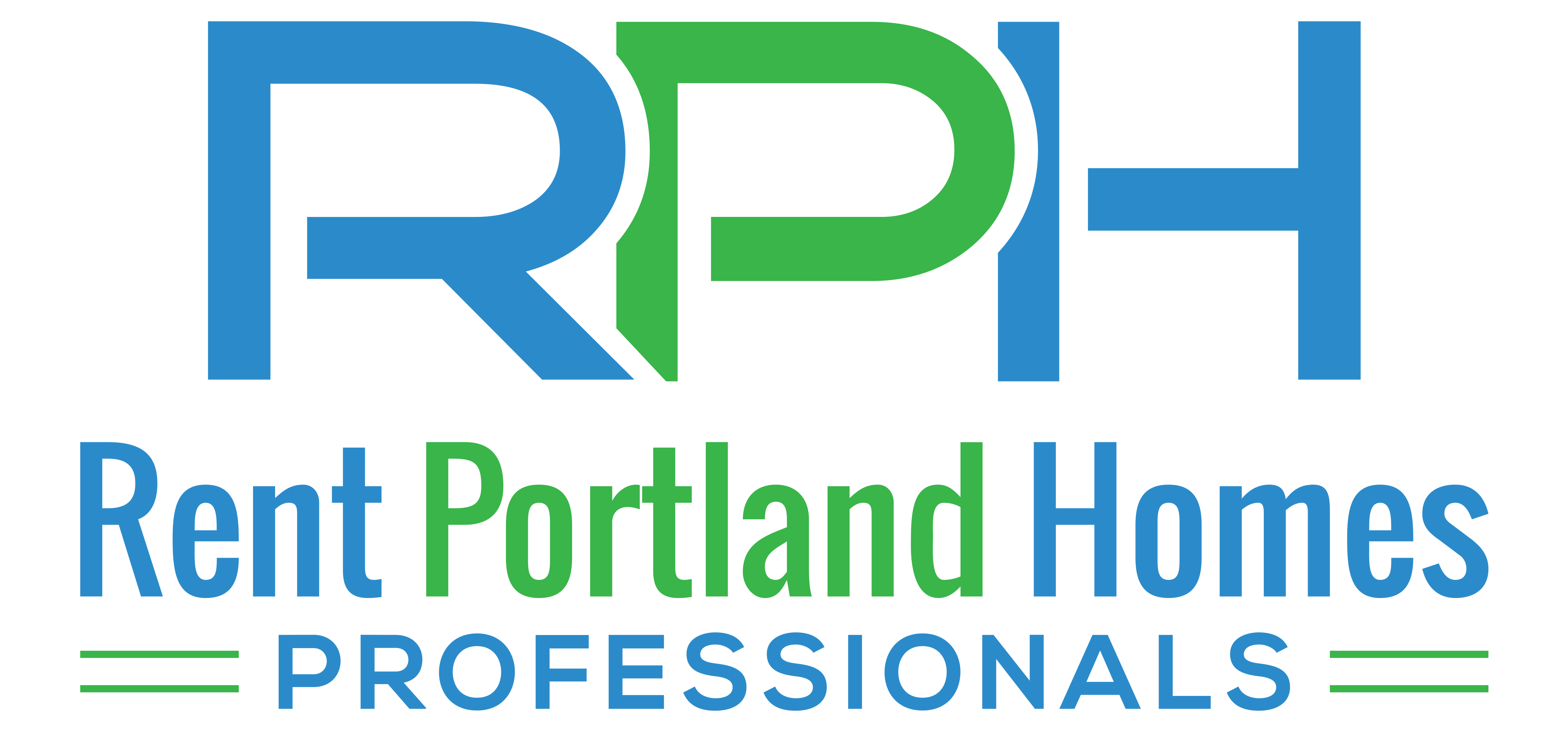Property Management Tips – Don’t Leave Any “Wiggle Room” In Your Lease

One of the keys to success with owning investment properties in Portland Oregon, or elsewhere in the United States is having a lease that doesn’t offer tenants any “wiggle room” at all. The reason why this is important is because if a lease offers any option for the tenant to break the rules, they will exploit the weak areas of your lease to their advantage.
What Should You Have in Your Lease?
Some of the things that you should include in your lease must include the following:
Names of all tenants and occupants – If your tenant has a guest that stays for more than one month, they should be considered a “tenant” and their name must be added to the lease.
Description of rental – This should include specific details about the property just so the tenant is 100% clear about what’s included in their lease.
Term of the tenancy – Will your lease be for six months, or one year or month-to-month? This also must be very clear so that the tenant won’t think that they can leave for any reason.
Rent- How much will you be renting your property for? You must also be very clear about the rent including when it’s due because if a tenant can wait an extra 5 days to pay due to a “grace period”, they will always take as much time to pay as possible.
Deposit and fees – You should be very clear about the deposit and fees; it would be a good idea to even create an itemized list of what the tenant is paying for with their deposit so that there aren’t any questions about it later on.
Repairs and maintenance – Who is responsible for repairs and maintenance? Be clear with this section of your lease and you should go into detail if the tenant is expected to handle lawn maintenance.
Entry to rental property – Make sure that your tenant knows that you have a right to enter the property and you will follow the law by submitting a 24-hour notice to the tenant before you enter the property.
Your rules and important policies – What are your rules or important policies? Make sure to be very specific about them especially if you don’t want your tenant, or their friends, smoking inside your property.
Contact information – Always include your contact information on the lease because if all else fails, and the tenant can’t contact you, it’s advisable to offer the tenant one fallback way to contact you.
What to Do When Things Go Wrong with Your Lease
Oftentimes, landlords find themselves unknowingly in trouble when the terms of the lease are not upheld. Here is where the “gray area” happens from the landlord’s point of view. However, in reality, there should be no gray area—only black and white.
That black and white is called your lease agreement and should clearly state the terms and conditions that have been agreed upon by both parties. Nowhere in the lease does it say that the landlord has the right, or may they use their discretion, to pick and choose when they do or do not enforce the lease terms.
See, when you have this contract with your tenant, you have an expectation that certain things will happen, such as paying rent on time, keeping the property in good condition, etc. In the eventuality that they do not, there are fees/penalties that will have been written into the lease agreement that will be charged.
If, in the worst-case scenario, the issue cannot be resolved, the tenant can be removed by legal means of eviction through the court system. The thing is, when you’re dealing with people, there is never going to be a perfect way of handling the many different situations that will arise throughout the course of a tenancy. Nor will there be a perfect solution to each and every problem.
The difference will come back to how you choose to handle these issues. And to make sure things are written in black and white terms, always refer back to the lease and subsequent clauses.
Paying Rent “On Time”
Let’s say the lease agreement states rent is due on the first of the month and is considered late after the third. Meaning at 12:01 a.m. on the fourth—per the contract—the rent is late. Enforcement for this is normally in the form of late fees, which are defined in the contract. In this example, let’s say that the first is a Monday, which would make the third…you guessed it, Wednesday.
Now, the first misconception is that rent is due on Wednesday the third. This is incorrect: Rent is due on the first, but the lease states that they have until the third to get you your money before it’s considered late.
This is a very important point I bring up because this is something that should be clearly defined and explained to the tenant at lease signing. Your rent money is due and expected on the first, not the third. You simply allowing a grace period until the third for it to arrive.
Speaking from personal experiences (and lots of them), in this world of real estate you will presented with a weird and wonderful array of “reasons” as to why certain terms of the agreement can’t be met.
The most frequent (for me certainly) has been why the rent can’t be paid on time. I am going to give you an example of why it is imperative to operate inside the boundaries when it comes to lease agreements, in the hope that you may learn from my lessons and not make some of the same mistakes.
Late with the Rent
You get a call on Tuesday or Wednesday afternoon from your tenant stating that they do not get paid until Friday, and they will make sure to get you the money ASAP. On face value this is not all that uncommon, and to date they have been a good tenant and you have a good business relationship with them.
A standard response may be, “That’s fine. It’s unfortunate, but I understand this is out of your control (a higher power is dictating when they get paid). Just make sure as soon as you get paid on Friday, get me the money straight into my bank account.” After all, they are a good tenant, never a problem, and pay on time usually.
Now here is the moment of truth…Do you try to keep the relationship intact and waive the late fees because after all this was not in their control? Or, do you charge them late fees per the lease agreement and potentially sour the relationship? You will risk being seen as the money-hungry landlord without any compassion. And this could be the start of a bad business relationship with this tenant.
Now, after examining all the facts based on your perception of events, you tell the tenant, “You’re a good tenant, and you always pay on time and I understand. As long as this does not become a habit or a common occurrence, I am going to waive the late fees this one time.”
You will feel you made a good business decision, kept the relationship in tact between the tenant and yourself, but also laid down the law.
Contact Portland Rental Management
For more property management tips, or to learn more about the services that we can offer you, contact us today by calling (503) 447-7735 or click here.





